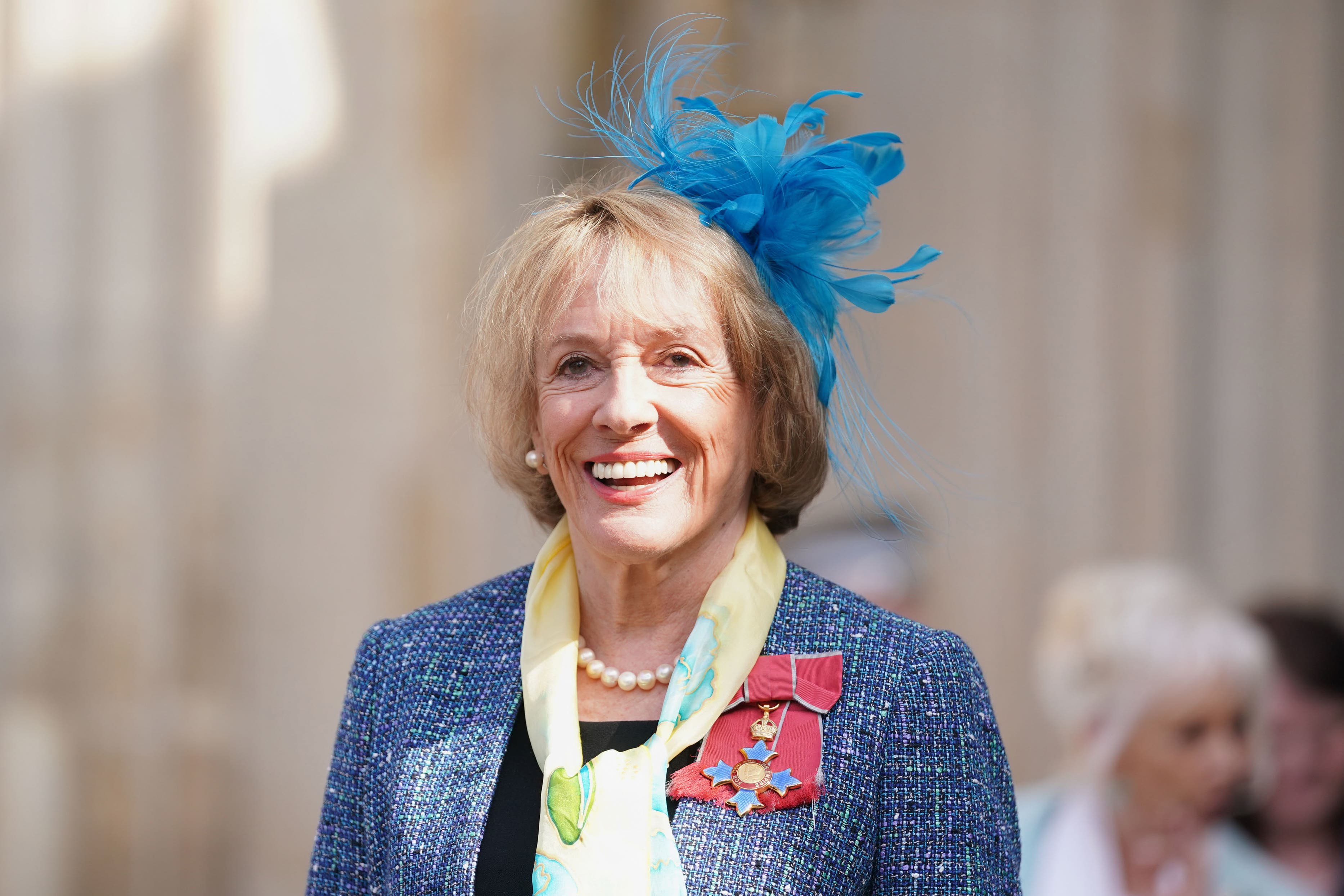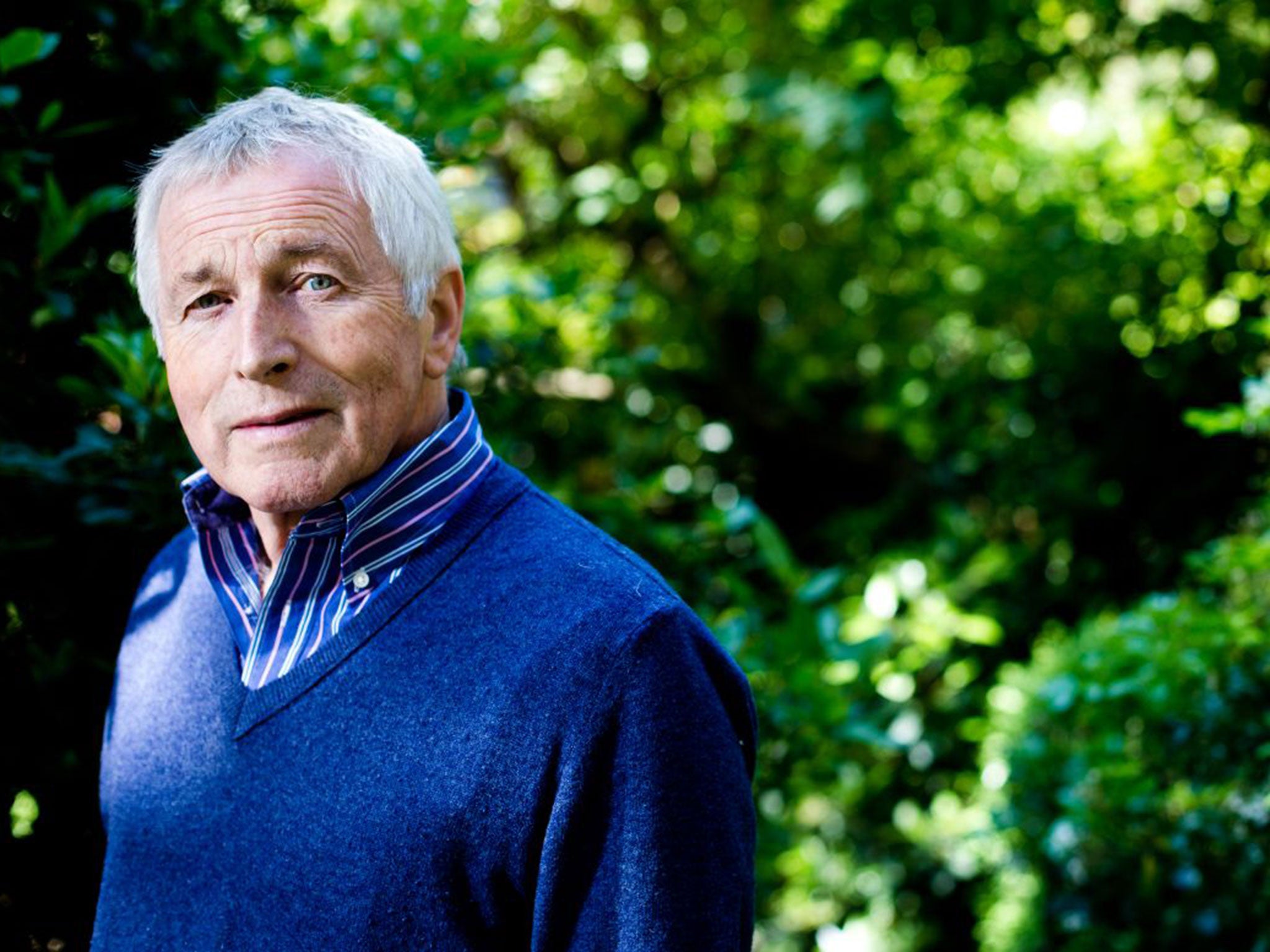MPs share experiences during impassioned debate on a change of law on assisted dying
MPs debated assisted dying for three hours in Westminister Hall as broadcaster Jonathan Dimbleby urges them to ‘get off the fence’ on the issue
MPs took part in an impassioned, and at times emotional debate on assisted dying as Dame Esther Rantzen was praised for bringing the issue to the fore.
Westminster Hall was packed for the three-hour debate triggered by a 200,000-signature petition calling for a change of law to allow people to ask for medical assistance to end their lives.
Dame Esther backed the campaign after revealing she had joined Dignitas, the assisted dying clinic in Switzerland, on being diagnosed with terminal lung cancer.
The 83-year-old Childline founder, who was unable to make the debate, told the BBC she’d be forced to die abroad without her family to avoid them being investigatated by police.
The debate, which had no binding vote, started with people on both sides of the argument protesting outside Parliament, with broadcaster Jonathan Dimbleby among them.
Mr Dimbleby, whose younger brother, Nicholas, died with debilitating motor neurone disease earlier this year said politicians must “get off the fence” and commit to a “proper, full debate” to introduce legislation.
“There is a preponderance of politicians now who are very likely, after the next parliament, to heed public opinion, heed the strength of the argument and introduce laws that will give people the right to assisted death girded around with important safeguards,” he told The Independent.

The issue was last voted on in the Commons in 2015, when it was defeated at second reading by 330 votes to 118.
And opening the debate, Labour MP Tonia Antoniazzi, a member of the Petitions Committee, said public opinion on assisted dying “has shifted in one direction”, citing polls by Dignity in Dying showing “overwhelming support for law changes with safeguards in place” and a rise in UK members of Dignitas.
Conservative MP Siobhan Baillie began to cry as she shared the testimony of a man who had written to her about his mother’s death.
She said the man’s mother had “considered taking her own life as her best friend had actually done”, but did not, despite being deeply unwell, and had then taken 16 weeks to die “effectively from starvation”.
But Conservative former minister Sir Desmond Swayne likened the situation to 1970s science fiction film Logan’s Run, saying a law change could lead to people being killed simply because they are old.
He told the debate: “There is a profound danger in my view that what begins as a choice will end as an expectation, and so proceeding you will end up with Matthew Parris, and then it is not much of a jump until you are at Logan’s Run. Don’t know what it is? Google it.”

His party colleague Therese Coffey also spoke out against a change, telling MPs: “No-one should feel such a burden on their family, their friends and society that they should end their lives early.”
But fellow Tory Kit Malthouse rejected a view he said was being presented of a country “teeming with granny killers, all of us waiting just to bump off a wealthy relative so we can pocket the cash, like we’re some kind of nation of Jeremy Bambers, intent on remunerating ourselves”.
He insisted “the vast majority of the British people, they love their parents, they love their grandparents, they want the best for them” and said any new law should have safeguards.
He also warned there is the “business class” option where someone who has the money “can have what the law denies to everybody else”, branding it “an outrage”.
Labour MP Paul Blomfield suggested the current law is “unsafe, and assisted dying laws are safer than blanket bans”.
Responding to the debate on behalf of the Government, justice minister Laura Farris urged MPs to remember some vulnerable people do not have loving families and may be subject to coercion in regard to assisted dying.
Acknowledging arguments from some parliamentarians that most people with terminal illnesses have close families who would not seek to harm them, she said: “Implicit in that is that a minority don’t, and are in dysfunctional families, and may not have loved ones.
“We must consider the consequences or the potential risks for them too.”
Assisted suicide is banned in England, Wales and Northern Ireland, with a maximum prison sentence of 14 years.
Bookmark popover
Removed from bookmarks